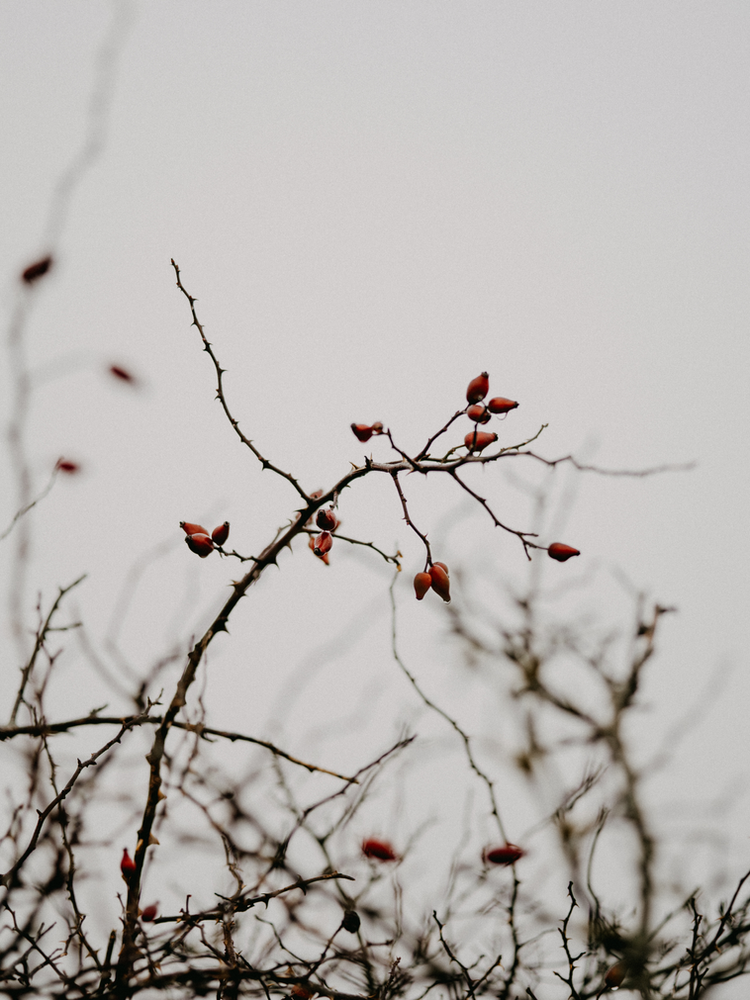
Last May, it had become quite clear that life wasn’t going back to normal anytime soon. And to be honest, the term “new normal” seemed very cringy to me. I wanted to detach from all the craziness and isolate myself from the noise of the pandemonium. One morning, as I was reading in Hosea 2, this passage hit me pretty hard. Although I had wanted to ignore one of life’s greatest disruptions and numb myself to the suffering going on around me, God reminded me through his Word that he often uses disruptions and suffering as a way of guiding our paths. I’m not saying that God caused the events of 2020 because his people were straying from him, but I think the point is to consider that he may have. We can’t know that for sure, but we can at least learn from this passage of Scripture how God has worked in the past.
nn
In Hosea 2, God told Hosea the prophet to marry a promiscuous woman by the name of Gomer. This seems like a strange request from God, but he often had prophets do weird things that functioned kind of like real-life sermon illustrations. This particular “sermon illustration” was to show the parallel between God’s faithfulness and his people’s unfaithfulness. Although Hosea provided for all of Gomer’s needs (her wine, grain, and clothing), she would forget where these things came from and would return to her past lovers. In a similar way, God would provide for his people, giving them everything they could ever want or need, but his people would continuously forget him and chase after other gods while seeking pleasure and fulfillment. But God, in His love and mercy, would set thornbushes in their paths to keep them from leaving his presence and would build walls around them to make it difficult for them to leave. What people didn’t realize is that the thornbushes and walls were gifts of love. Though they seemed like obstacles that were suppressing the flourishing of God’s people, they were actually obstacles that were suppressing their demise. These monuments of grace were set in place to catalyze repentance. The thornbushes were not placed on Israel’s path out of anger or resentment; they were placed as a way of preventing God’s people from leaving what would bring them true life and fulfillment.
nn
How often do we see suffering and struggle as a hindrance, when in reality it might be serving as a means of pointing us back to God? Not all suffering or hardship is a form of discipline, but it is all a form of refinement. Thorns on the path may not always be a sign that we are straying from God, but they can always serve as a reminder that the thorns Jesus wore on his head placed us on the right side of the thornbush. We can be reminded that we are walled in and not walled out. The same love that sent Jesus to a cross to die for us is still pursuing us and fighting for us now. Thanks be to God, that he loves us enough to chase us down when we stray.
nn
I wanted to write a song that captured what God taught me through this passage of scripture. I wanted to give our church a song that could serve as a reminder of God’s relentless love for us, knowing that they have gone through a difficult year, We might look back over the last year and see the disruption, but I pray that God will help our church to see that he wants what is best for us. And he will go great limits, as he demonstrated at the cross, to bring us closer to him.n
n
FIGHTS FOR ME NOW
n
Verse 1
n
You place the thorns on my path
n
To keep from straying
n
You wall me in for my good
n
But I just keep climbing
n
You won’t grow weary
n
Your love is for me
nn
Verse 2
n
You place the thirst on my tongue
n
To draw me in closer
n
Nothing compares to your love
n
Nothing is better
n
You won’t grow weary
n
Your love is for me
nn
Chorus
n
You keep pursuing
n
Your love keeps chasing me down
n
The same love at calvary
n
Still fights for me now
nn
Verse 3
n
You called my out of my chains
n
Into your freedom
n
How soon my memories fade
n
It was your wounds that healed us
n
You won’t grow weary
n
Your love is for me
nn
Bridge
n
You won’t give up on me
n
You’re waiting patiently
n
Your love is changing me
n
My eyes are starting to see
nnn
Hosea 2:5-15 (NIV)
nn
5Their mother has been unfaithful
n
and has conceived them in disgrace.
n
She said, ‘I will go after my lovers,
n
who give me my food and my water,
n
my wool and my linen, my olive oil and my drink.’
n
6 Therefore I will block her path with thornbushes;
n
I will wall her in so that she cannot find her way.
n
7 She will chase after her lovers but not catch them;
n
she will look for them but not find them.
n
Then she will say,
n
‘I will go back to my husband as at first,
n
for then I was better off than now.’
n
8 She has not acknowledged that I was the one
n
who gave her the grain, the new wine and oil,
n
who lavished on her the silver and gold—
n
which they used for Baal.
n
9 “Therefore I will take away my grain when it ripens,
n
and my new wine when it is ready.
n
I will take back my wool and my linen,
n
intended to cover her naked body.
n
10 So now I will expose her lewdness
n
before the eyes of her lovers;
n
no one will take her out of my hands.
n
11 I will stop all her celebrations:
n
her yearly festivals, her New Moons,
n
her Sabbath days—all her appointed festivals.
n
12 I will ruin her vines and her fig trees,
n
which she said were her pay from her lovers;
n
I will make them a thicket,
n
and wild animals will devour them.
n
13 I will punish her for the days
n
she burned incense to the Baals;
n
she decked herself with rings and jewelry,
n
and went after her lovers,
n
but me she forgot,”
n
declares the Lord.
n
14 “Therefore I am now going to allure her;
n
I will lead her into the wilderness
n
and speak tenderly to her.
n
15 There I will give her back her vineyards,
n
and will make the Valley of Achor[b] a door of hope.
n
